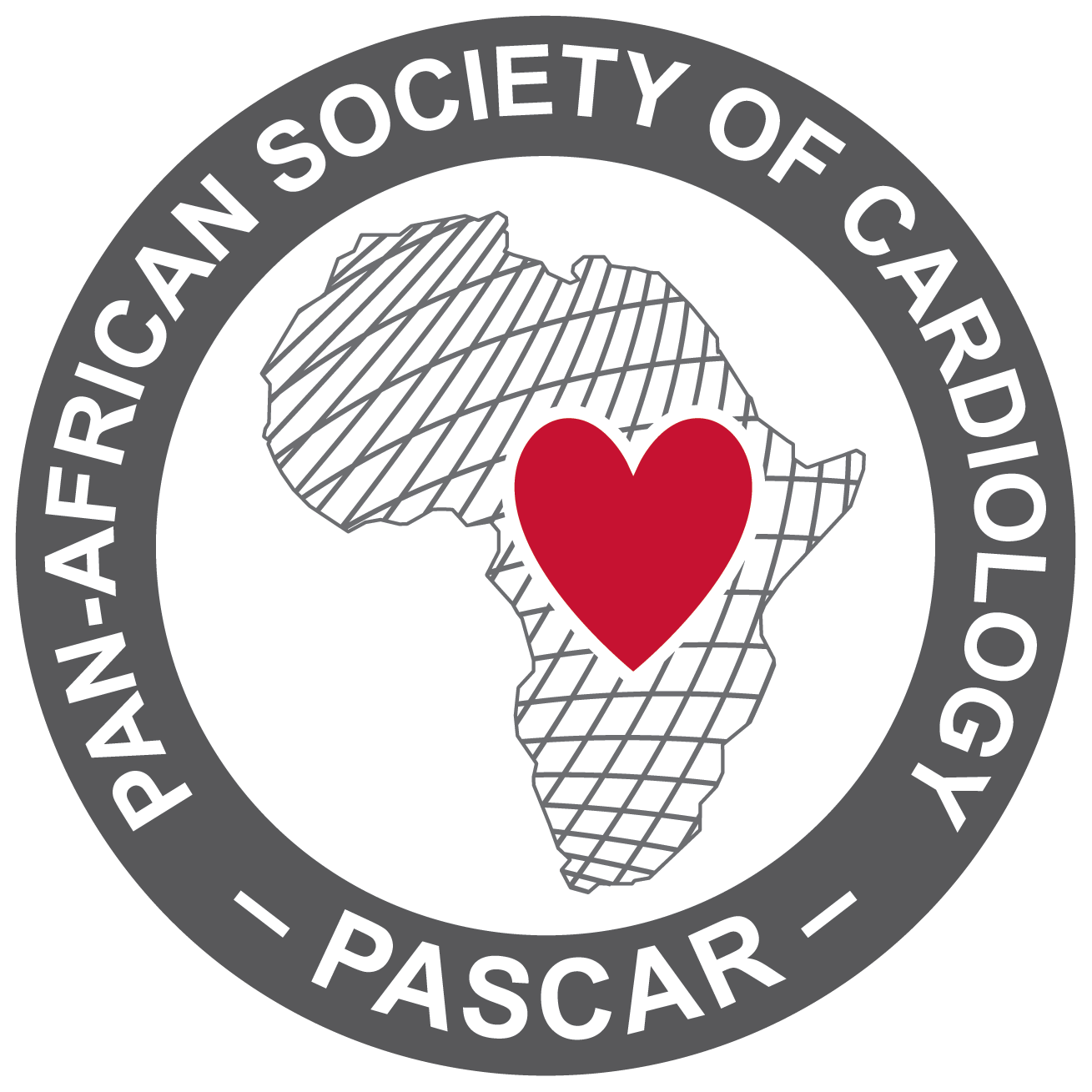The heart of Africa: succeeding against the odds
The short supply of well-equipped screening facilities, late diagnosis, and inadequate care at primary, secondary, and tertiary levels have led to a large burden of patients with poorly treated heart failure. Excellent progress has been made in the understanding of the epidemiology, sociodemographical factors, eff ect of urbanisation, and pathophysiology of cardiac conditions, such as peripartum cardiomyopathy, rheumatic heart disease, and tuberculous pericarditis, which are common in sub-Saharan Africa. This progress has been achieved largely through several studies, such as the Heart of Soweto, THESUS, REMEDY, BA-HEF, Abeokuta-HF, and the PAPUCO studies. Studies on the suitable therapeutic management of several heart conditions have also been done or are underway. In this Lecture, I provide a personal perspective on the evolving burden of cardiac disease, as witnessed since my appointment at Chris Hani Baragwanath Hospital, in Soweto, South Africa, in 1992, which was also the year that the referendum to end apartheid in South Africa was held. Subsequently, a network of cardiologists was formed under the umbrella of the Heart of Africa Studies and the Pan African Cardiac Society. Furthermore, I summarize the major gaps in the health-care system dealing with the colliding epidemic of communicable and non-communicable heart diseases, including cardiac diseases common in peripartum women. I also touch on the fantastic opportunities available for doing meaningful research with enthusiastic colleagues and, thereby, having a large eff etc, despite the need to be highly innovative in finding much needed funding support.
To read more click here.

